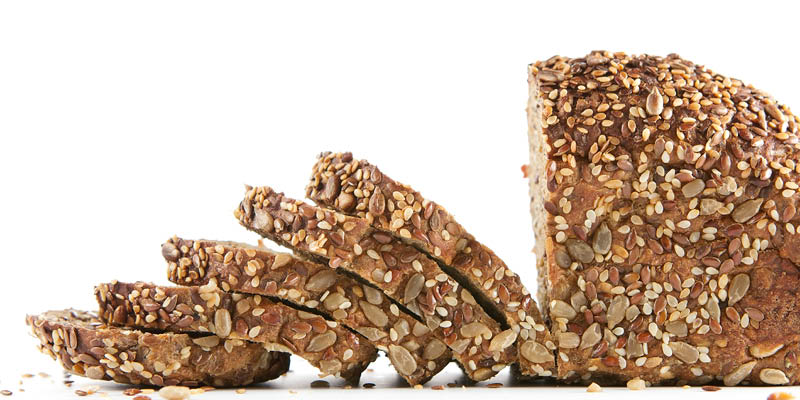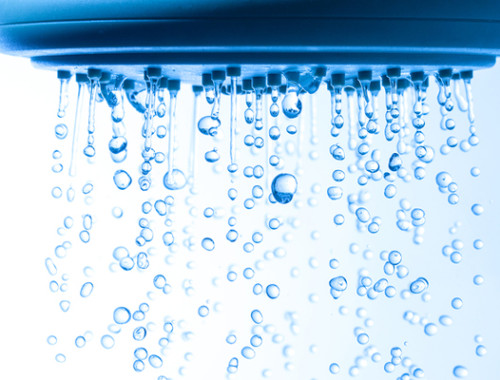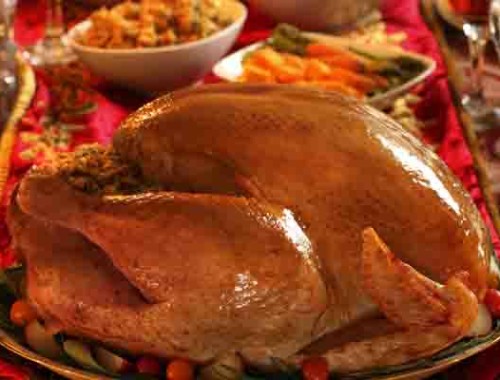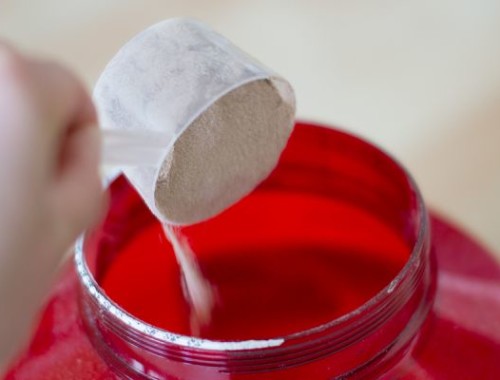“Good” carbs, “bad” carbs, “kinda okay, but only at certain times” carbs- what the what?!
So, what’s the deal with carbs? One person tells you to avoid them at all cost and they are terrible for you. Another tells you to eat them for energy. And yet another will say, “Well, some carbs are bad, but certain other ones are good”. Okay, because none of that’s confusing, right?
To say we are being sent mixed messages about carbohydrates is an understatement to say the least. So, let’s get this cleared up once and for all.
Carbohydrates make up one of the three macronutrients (along with protein and fat) that we must consume to fuel our bodies. And while fat and protein help to provide the body with a long term energy supply, the preferred source of immediate energy- especially during any type of intense exercise- is always going to be carbohydrates. If we are depleted of our carbohydrate stores, we may find ourselves dragging our feet through the day or just feeling “out of it”. Our workouts will surely suffer without adequate carbohydrate intake as well. 
Hang on, though! Don’t go diving face first into a bowl of pasta just yet. It’s a little more complicated than that…
Good Carbs vs Bad Carbs
There definitely are such things as good (complex) and bad (simple) carbohydrate sources. What separates the two is how drastically it is going to spike your blood sugar, or it’s Glycemic Index (GI). Things like potato chips and pretzels or pasta and breads are very high glycemic foods, meaning they will quickly send your blood sugar sky high. There is little to no nutritional value to these foods and they are increasing inflammation as well as your risk for diseases such as Diabetes, which is why these are deemed “bad” carbohydrates.
Your “good” carbs are going to be more nutrient dense foods that have a much lower GI, helping to keep your blood sugar balanced throughout the day. Things like sweet potatoes, broccoli and fruits such as raspberries and blueberries all fit into this category. Because these types of foods are digested at a much slower rate than their counterparts, they do not cause the drastic spike in blood sugar. You will also remain fuller longer when consuming “good” carbohydrates.
Sources of Simple (Bad) Carbs: Sources of Complex (Good) Carbs:
white pasta (71 GI) broccoli (15 GI)
white bread (71 GI) cherries (22 GI)
bagel (72 GI) yam (54 GI)
banana (62 GI) lentils (29 GI)
plain pizza (80 GI) quinoa (51 GI)
Should We Cut Out Carbs Altogether?
As we discussed, carbohydrates are the body’s preferred source of immediate energy, so there is a need for the right kind of carbohydrates in our diet. Healthy sources of carbohydrates, like non-starchy veggies and low glycemic fruits and even brown rice and sweet potatoes are great ways to provide your body the fuel it needs to keep up with all you have to do in a day, especially if you are exercising regularly.
Reducing or removing higher glycemic carbohydrate sources will reduce your risk for Diabetes, help maintain a healthy weight and keep you from feeling those highs and lows from unstable blood sugar throughout the day. Simply replacing your white bread and white pasta for some whole grain options and swapping the pineapple or banana in your smoothie for some berries are simple ways to start making impactful changes to your diet.





No Comments